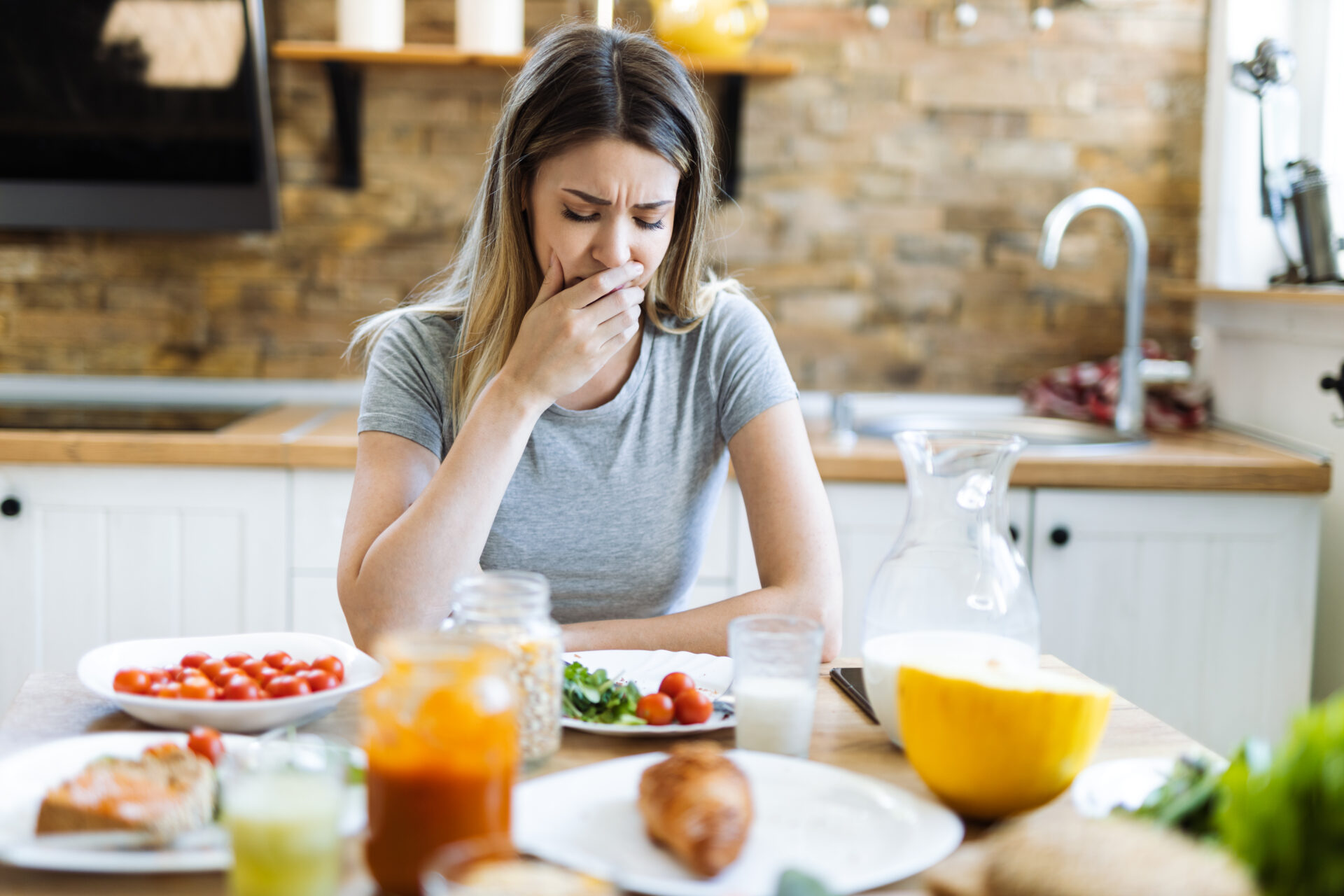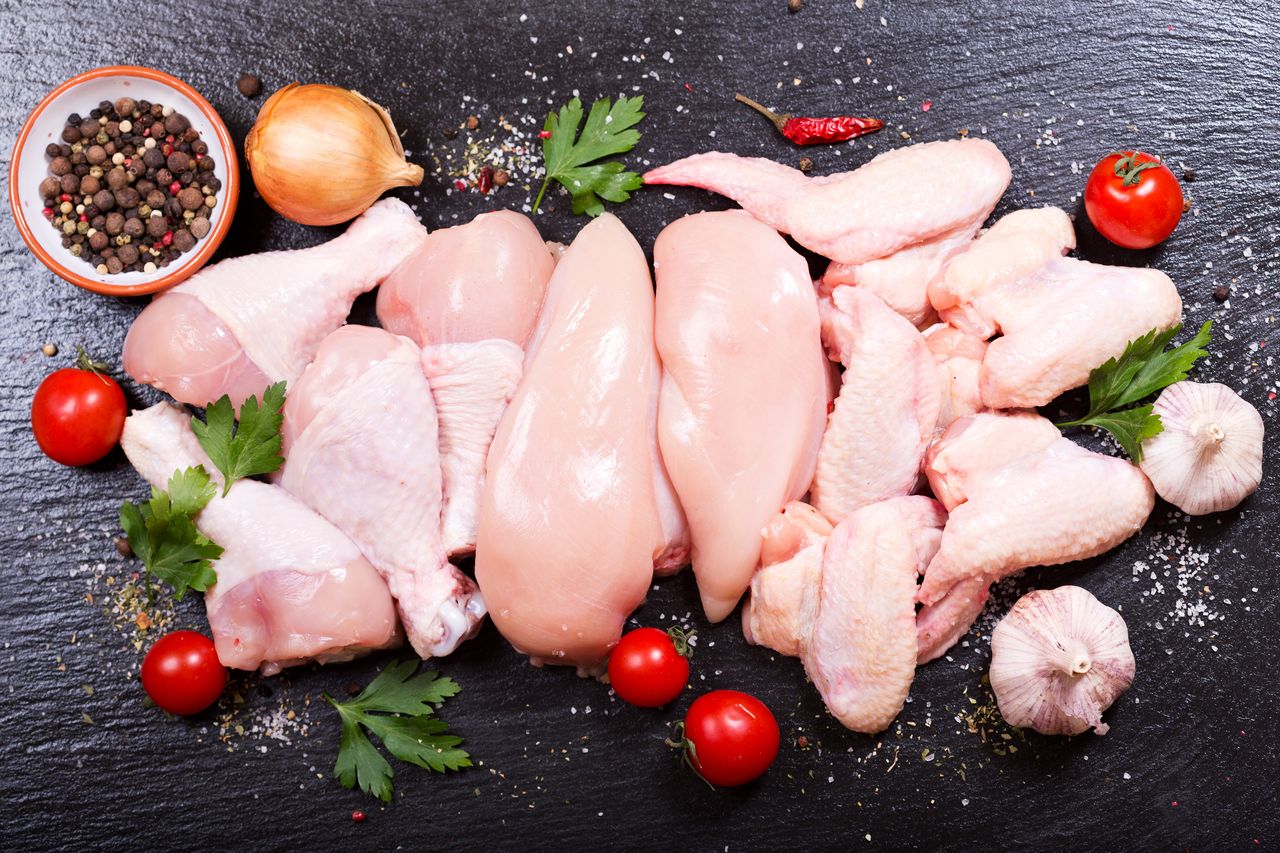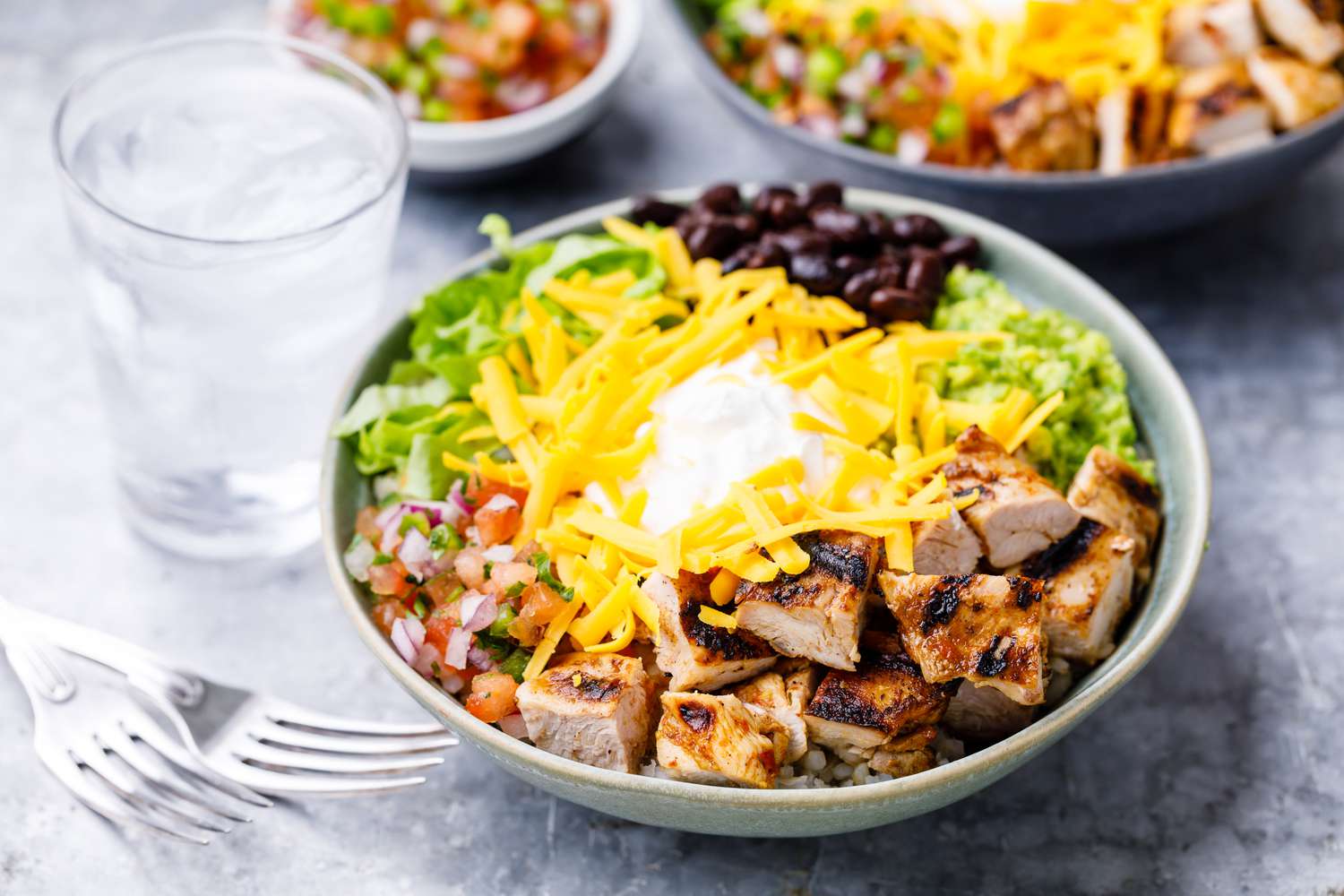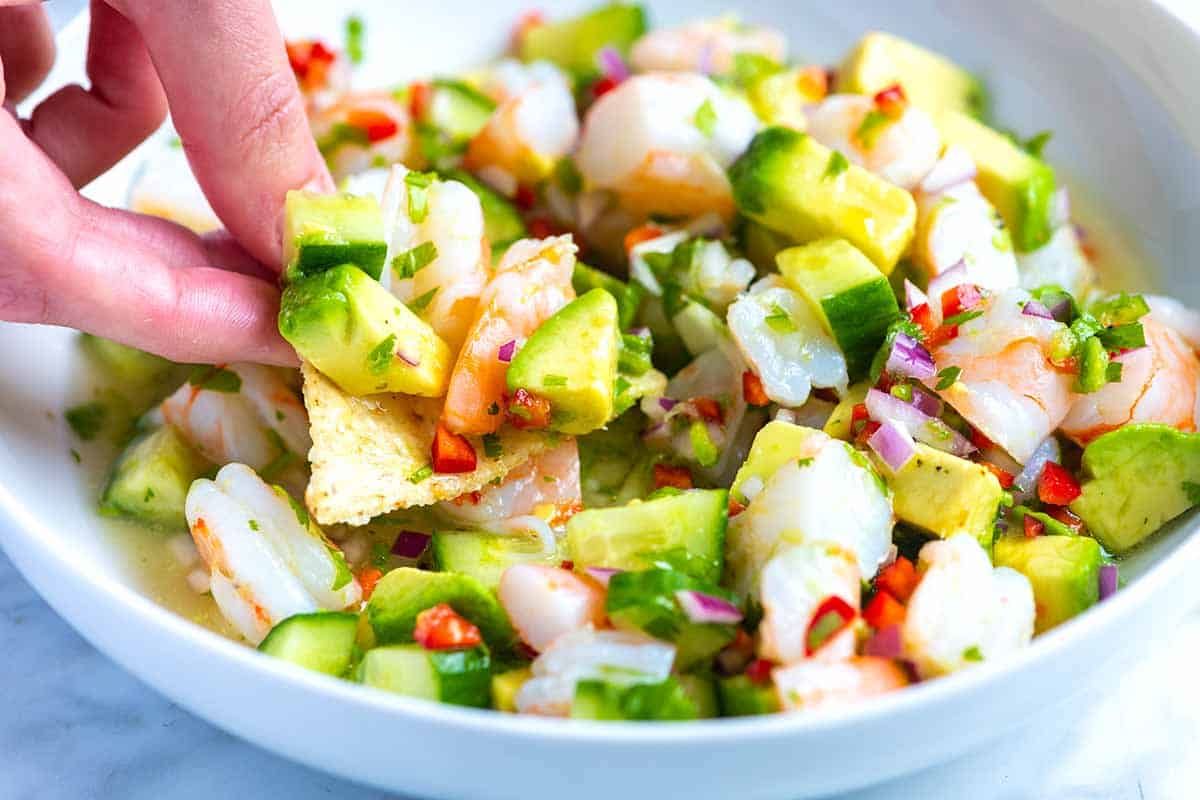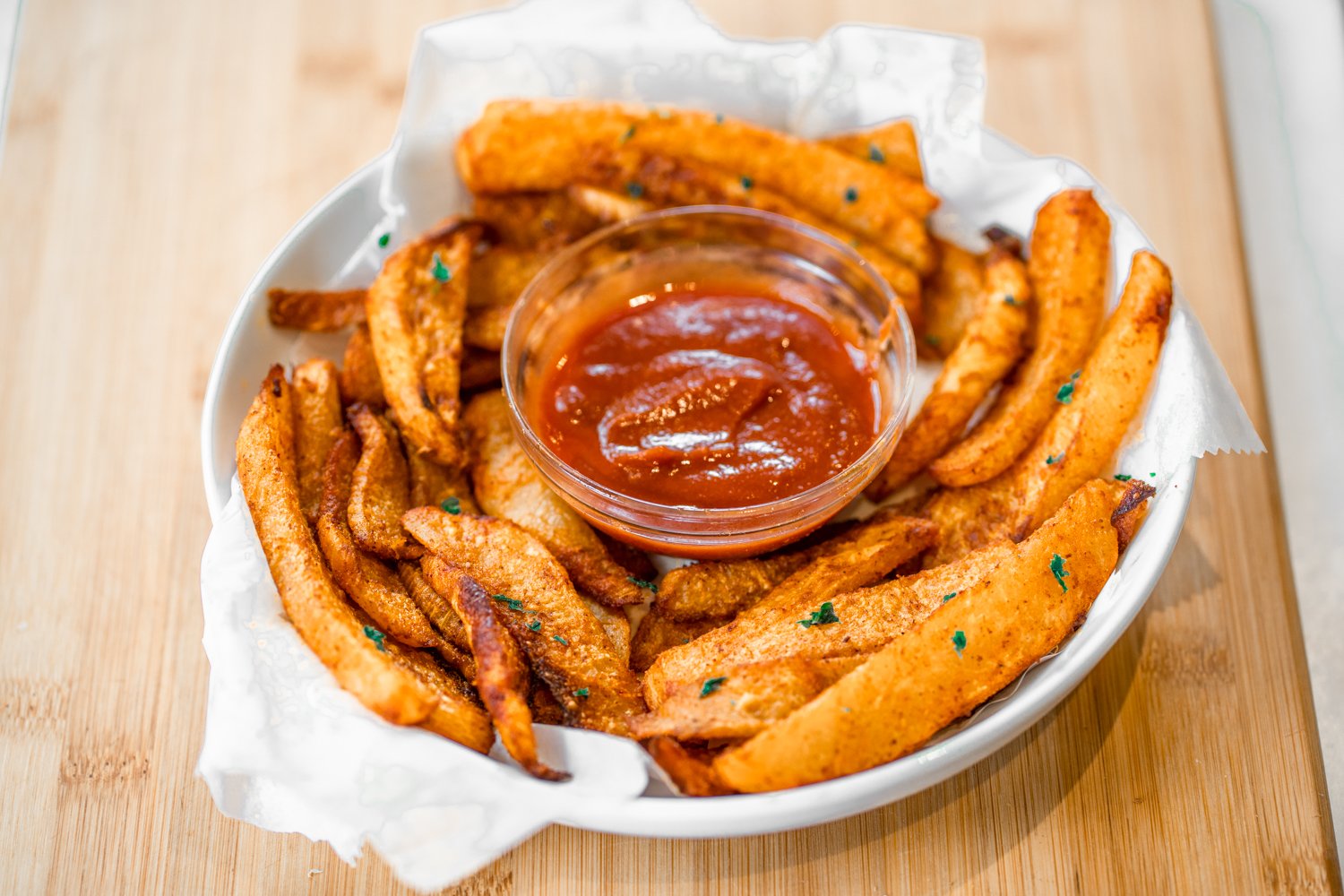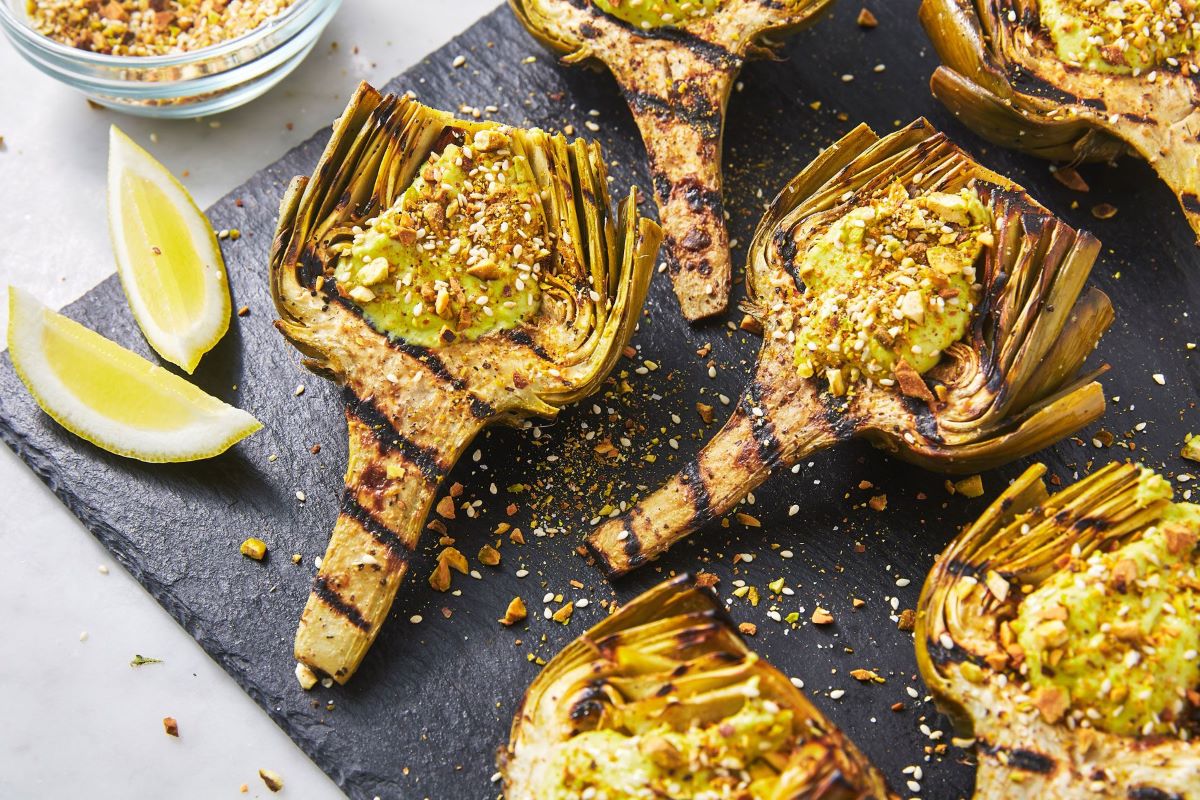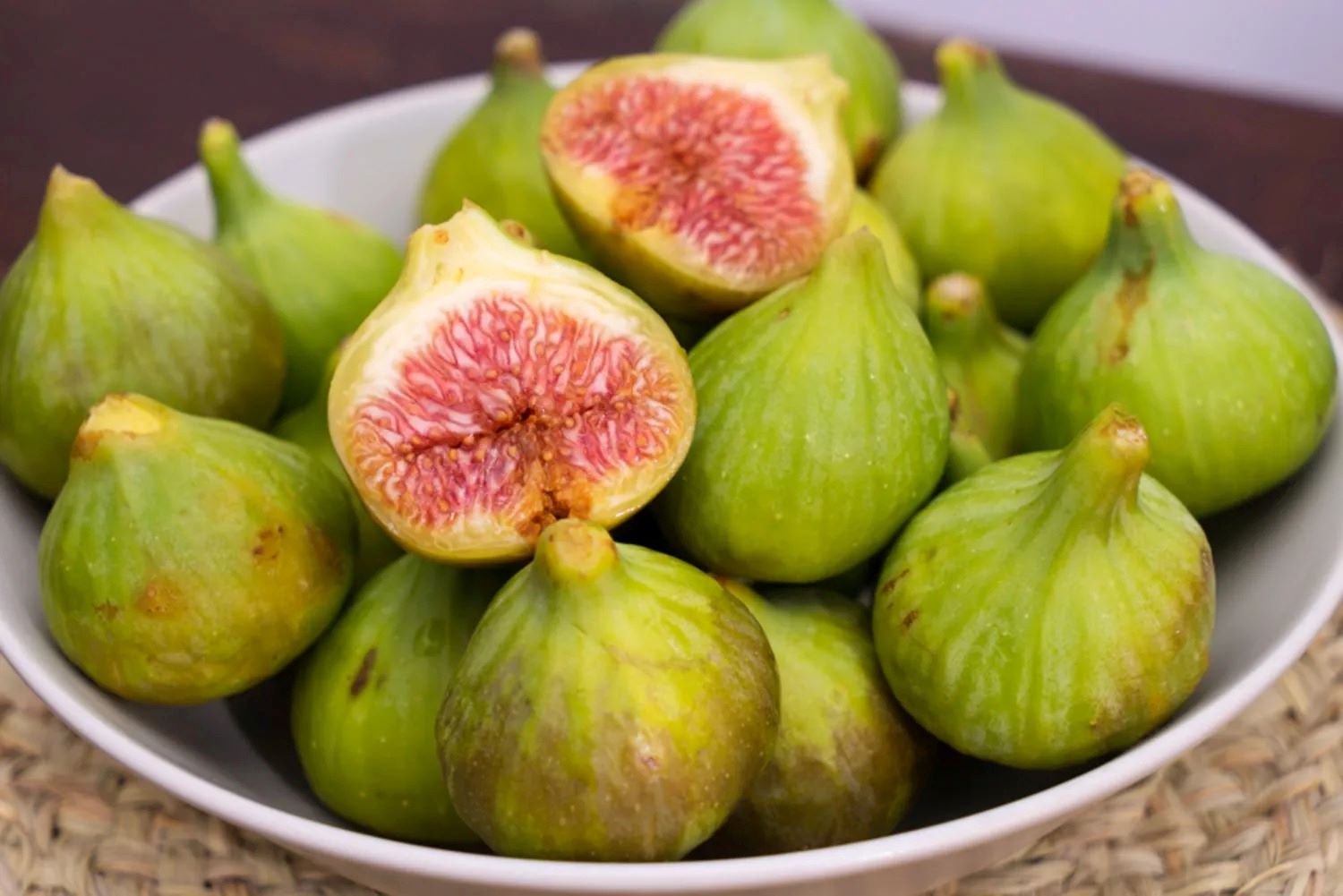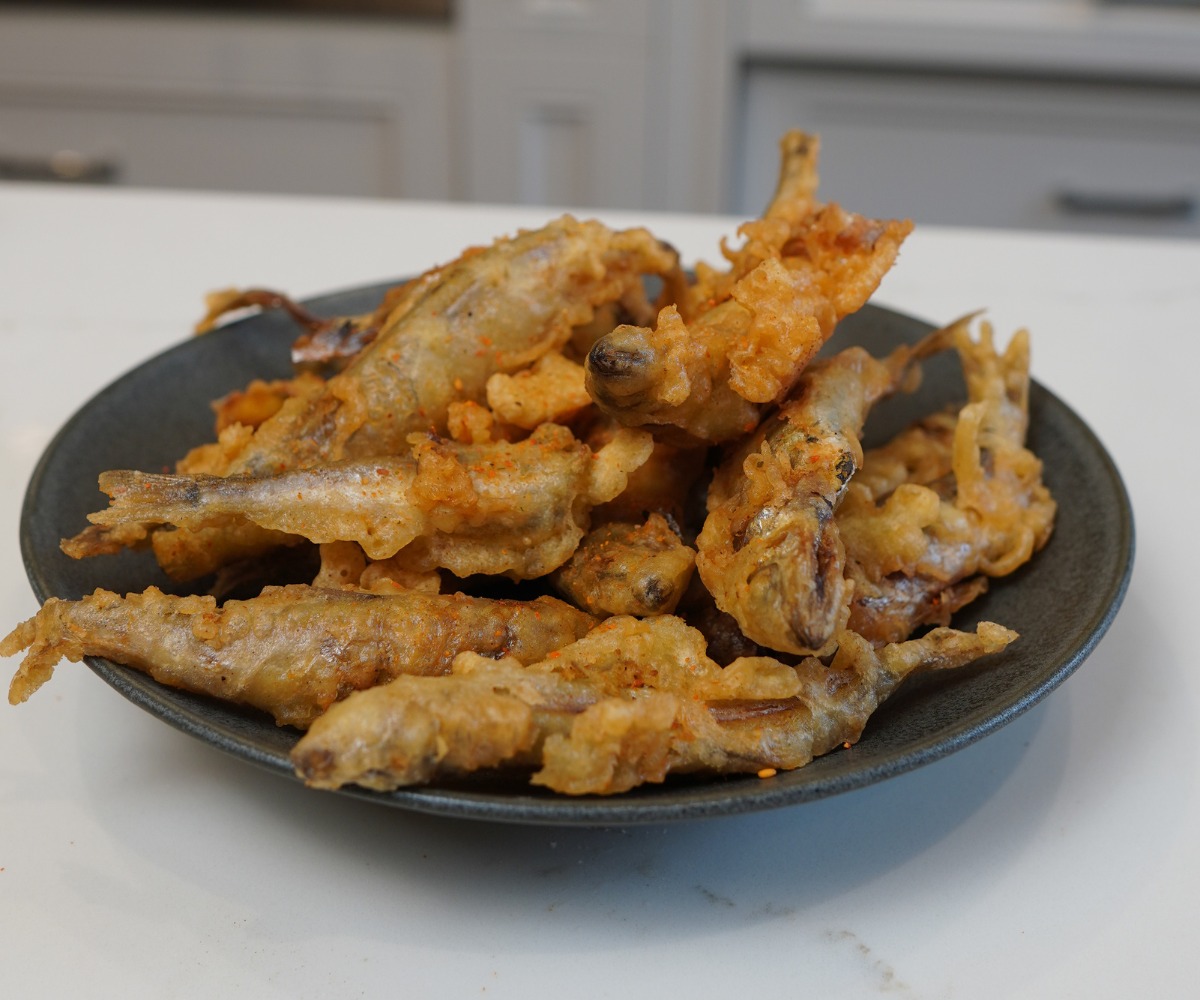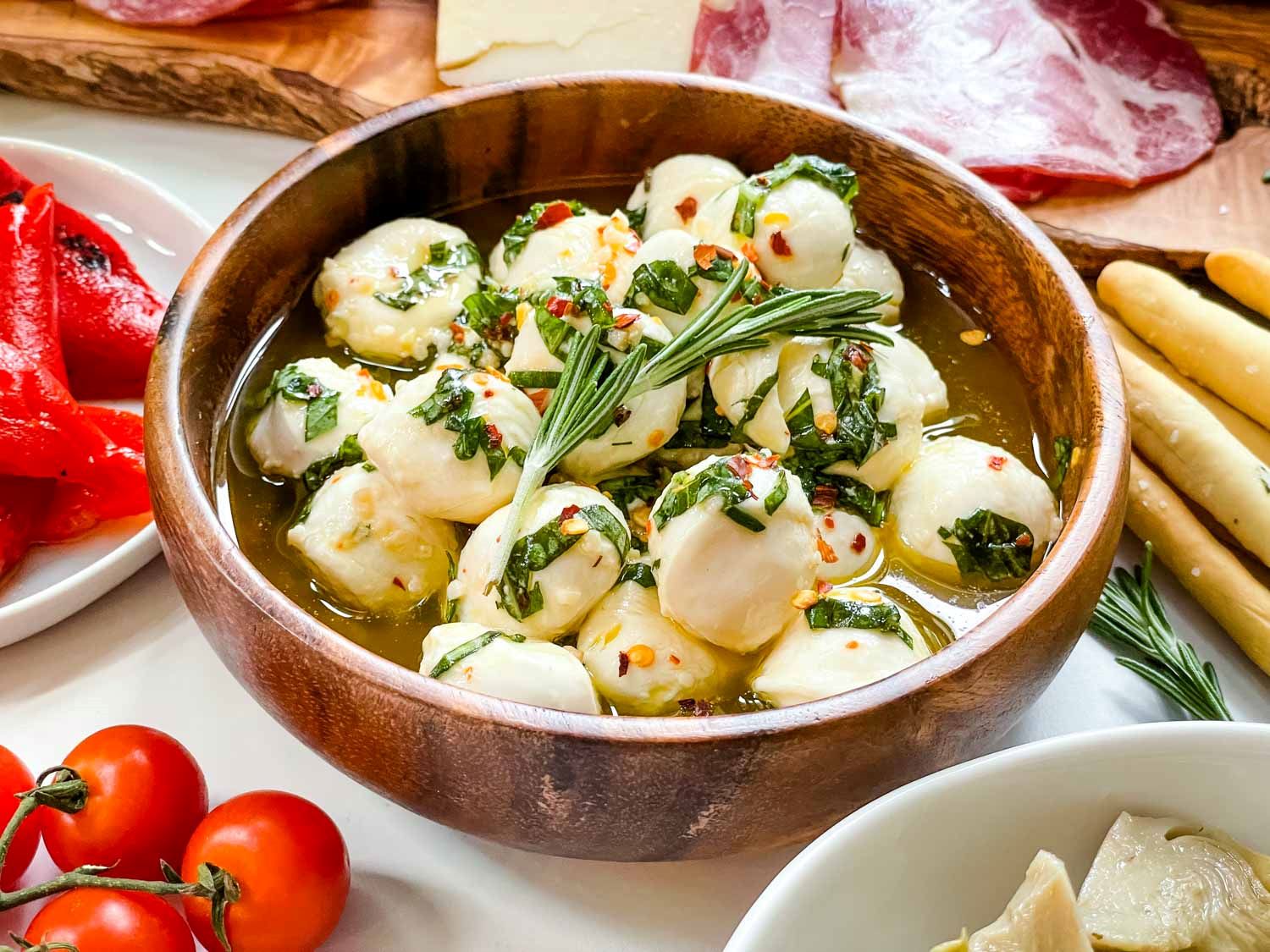How to Maintain a Healthy Diet While Taking Antibiotics
When you’re prescribed antibiotics, it’s important to be mindful of your diet to support your body’s healing process. While antibiotics are crucial for fighting bacterial infections, they can also disrupt the balance of good bacteria in your gut. To minimize the impact on your digestive system and overall health, consider the following tips for eating while on antibiotics:
1. Consume Probiotic-Rich Foods
Probiotics are beneficial bacteria that can help replenish the good bacteria in your gut. Incorporate probiotic-rich foods such as yogurt, kefir, sauerkraut, and kimchi into your diet. These foods can help restore the natural balance of bacteria in your digestive system, promoting better overall health.
2. Stay Hydrated
Drinking an adequate amount of water is essential while taking antibiotics. Proper hydration can help flush out toxins from your body and support the effectiveness of the medication. Aim to drink at least eight glasses of water per day to stay hydrated and aid in the healing process.
3. Focus on Nutrient-Dense Foods
Nutrient-dense foods provide essential vitamins and minerals that support your immune system and overall well-being. Incorporate a variety of fruits, vegetables, lean proteins, and whole grains into your meals to ensure that your body is receiving the nutrients it needs to heal and recover.
4. Limit Sugar and Processed Foods
Sugar and processed foods can negatively impact the balance of bacteria in your gut. While taking antibiotics, it’s best to limit your intake of sugary snacks, sodas, and processed foods. Instead, opt for whole, unprocessed foods to support your body’s natural healing processes.
5. Take Your Antibiotics as Directed
Follow your healthcare provider’s instructions regarding the timing and dosage of your antibiotics. Taking the medication as directed is crucial for effectively treating the infection. Be sure to take each dose with a full glass of water unless otherwise directed by your healthcare provider.
6. Discuss Dietary Concerns with Your Healthcare Provider
If you have specific dietary concerns or restrictions, it’s important to discuss them with your healthcare provider. They can provide personalized recommendations to ensure that your diet supports the effectiveness of the antibiotics and promotes your overall well-being.
7. Monitor for Potential Food-Drug Interactions
Some antibiotics may interact with certain foods or beverages, affecting their absorption or effectiveness. Be mindful of any potential food-drug interactions and consult your healthcare provider if you have any concerns. They can provide guidance on how to best manage your diet while taking antibiotics.
Conclusion
While taking antibiotics, maintaining a healthy diet is essential for supporting your body’s healing process and minimizing potential side effects. By incorporating probiotic-rich foods, staying hydrated, focusing on nutrient-dense options, and following your healthcare provider’s guidance, you can promote your overall well-being while on antibiotics.
Remember to prioritize your health and well-being by making informed dietary choices while undergoing antibiotic treatment.
More Recipes to Support Your Gut Health While on Antibiotics
Adapting your diet while on antibiotics is crucial for maintaining gut health and enhancing the effectiveness of the treatment. Try the Quinoa and Roasted Vegetable Salad Recipe for a fiber-rich meal that supports gut flora. The Oatmeal with Fresh Berries Recipe is perfect for a gentle start to your day, providing antioxidants and soothing oats. For those seeking a protein boost without heavy digestion, the Grilled Salmon with Steamed Broccoli Recipe is ideal. Each recipe is designed to be gentle on your stomach while ensuring you receive balanced nutrition to support your body during antibiotic treatment.
